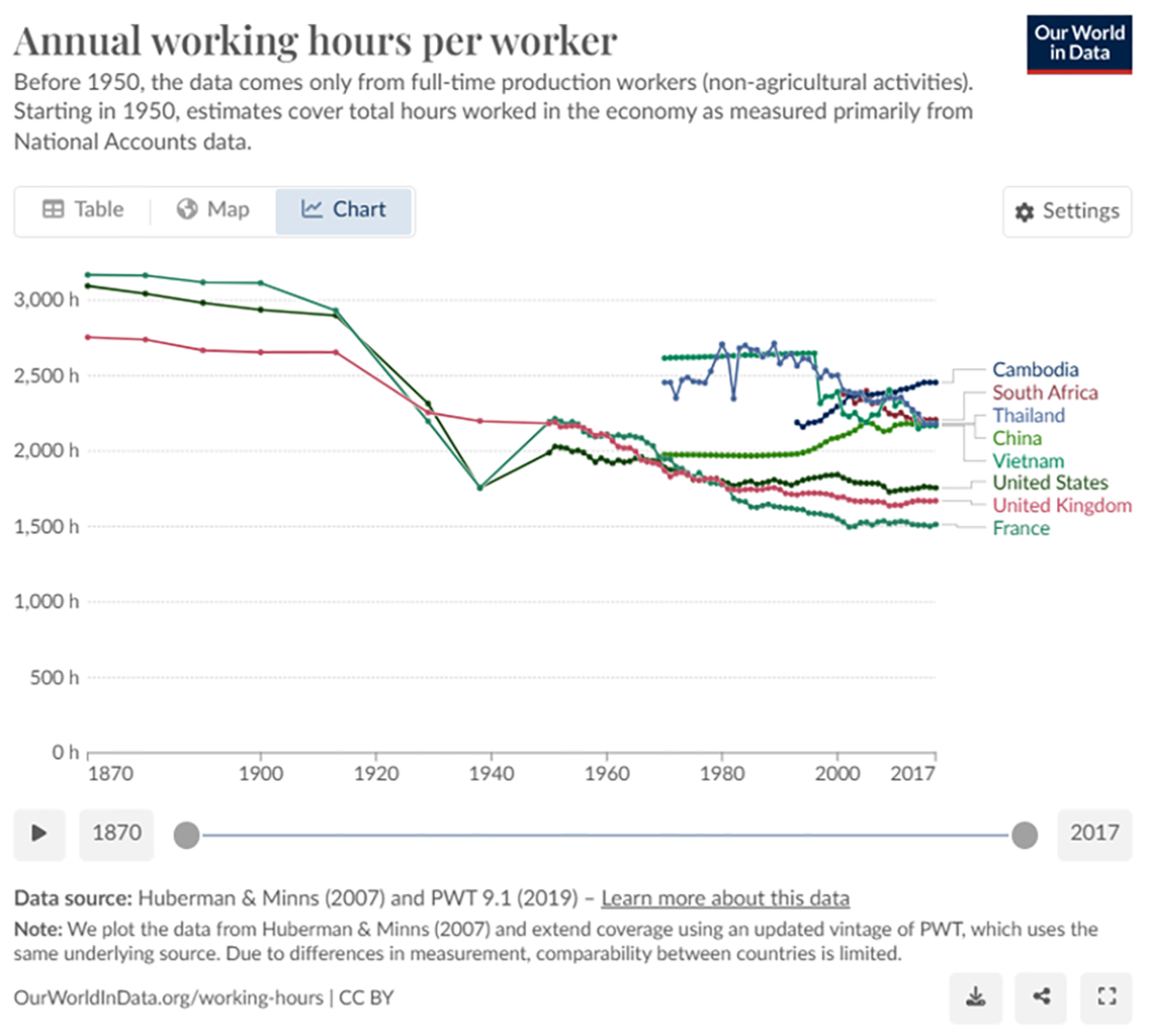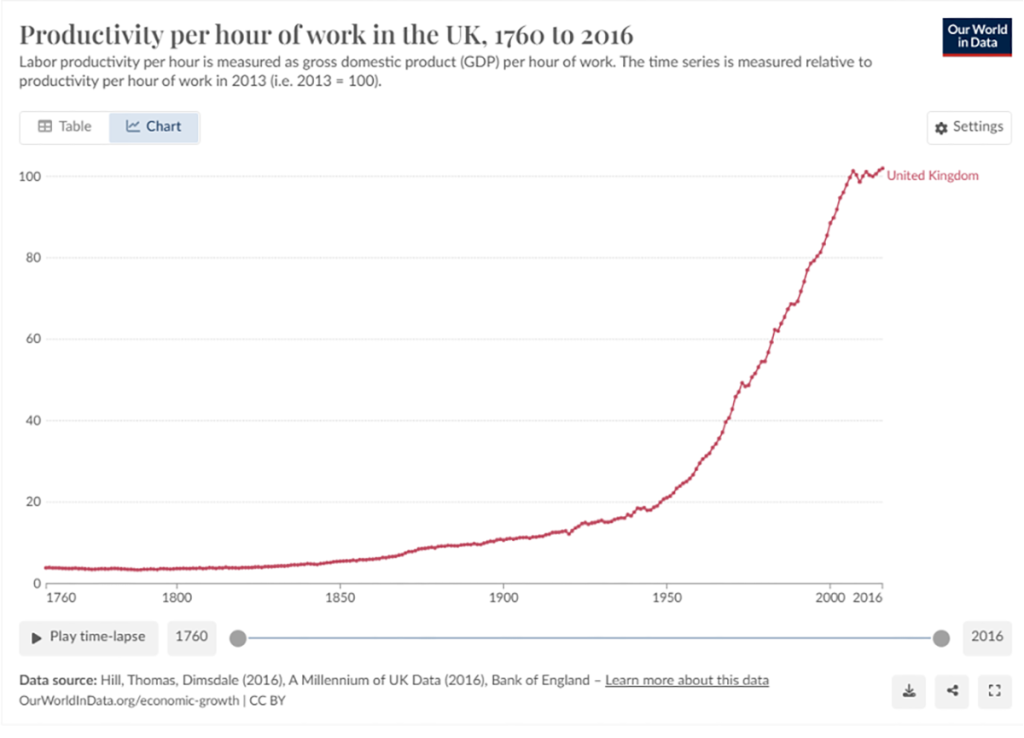Wait. What? I work 40 hours or more a week, what do you mean 35 hours?
Yes, there is a growing trend around the world to reduce working hours for several
reasons, a move which KRS has embraced.
The working hours revolution is interesting to observe, especially because
it differs between developed and developing countries. According to a Hubstaff report, the
average annual working hours for a developing country like Cambodia averages at
2,456 hours, while France sits at 1,476 hours. South Africa is somewhat on the
higher end with 2,209 hours.
The graph below shows the contrast between developed and developing nations.

Advantages of a Seven-Hour Workday
In France, a standard work week is 35 hours, and it’s believed that shorter
work hours could lead employers to hire more staff, thereby reducing
unemployment and enhancing employee well-being and productivity.
There is hope that this could have a significant effect on unemployment rates,
which stand at around 32.9% in South Africa.
Productivity
It is worth observing that productivity has increased dramatically over the
years due to several factors, including higher education, mechanisation and
automation. This graph shows a steep increase in UK productivity, which is now
starting to level off.

Getting enough rest, recreation time and avoiding burn out is key to wellness, with the added side effect of higher productivity.
KRS Revisits the 8-8-8 Rule
The 8-8-8 rule, advocating for an equal distribution of 24 hours between sleep, work, and leisure, is being re-evaluated, and KRS is taking notice. The updated version proposes a seven-hour of work, allowing for an extra hour of leisure or rest, potentially leading to increased productivity and well-being.
In 1930, John Maynard Keynes, well-known for his ‘General Theory of Employment, Interest and Money’ predicted that in 100 years, people would only be working for 15 hours per week. Perhaps with the advent of general artificial intelligence and the rapid pace of innovation in all fields of life, this soon may become a reality.
While the transition to a 35-hour work week presents both opportunities and obstacles, the global movement towards this model is indicative of a changing work landscape, where quality of life and efficiency become paramount.
The KRS Experience
At KRS we implemented a 35-hour week almost a year ago. The result has been a key focus on doing the work that matters; dropping unnecessary and unproductive meetings; and adopting software tools that take care of the repetitive tasks. More recently KRS has been integrating AI software tools into our workflow. These strategies have led to increased energy levels among colleagues and a consequent increase in productivity.
Our belief is that we will find a win-win situation for all concerned: the company, the employees and ultimately our clients.


